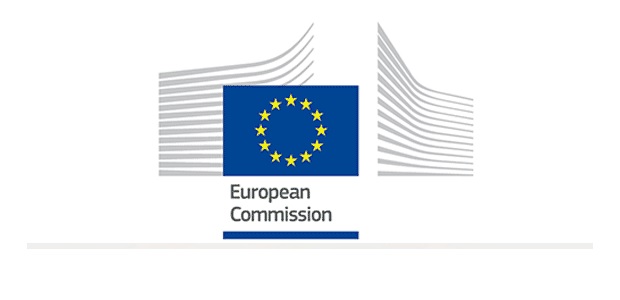European Union opened preliminary antitrust probe into Amazon – concerns about data Amazon collects from retailers

EU Competition Commissioner Margrethe Vestager said Wednesday she had begun a preliminary probe into whether data the e-commerce giant collects from retailers that sell on its site gives Amazon an edge in marketing its own products to customers and squeezing out more sales as a result, according to Bloomberg.
Vestager said the EU was looking into the issue because it came up in a broad e-commerce sector investigation concluded last year, but also because “this is also what a lot of people are talking about by now, so we do the follow-up.”
And to a large degree, Lina Khan, an academic fellow at Columbia University Law School, helped shape that debate.
As a student at Yale Law School, Khan wrote a paper for the Yale Law Journal called „Amazon’s Antitrust Paradox,” which argues that the current antitrust enforcement framework is ill-equipped to tackle Amazon’s dominance and the potential harm it poses to competition. Her work was cited by the head of the Justice Department’s antitrust division, Makan Delrahim, in a speech in April as an example of fresh thinking on digital platforms.
Khan has highlighted what the EU cited Wednesday as a preliminary concern: that Amazon can exploit information it collects about third-party sellers to better compete against them. At a press conference in Brussels, Vestager noted Amazon’s dual role as a platform for retailers to sell their goods as well as a merchant in its own right. That position makes Amazon privy to data about the customers of retailers it competes with..
“The question here is about the data” Amazon collects from smaller merchants on its site, Vestager said. “Do you then also use this data to do your own calculations, as to what is the new big thing, what is it that people want, what kind of offers do they like to receive, what makes them buy things? That has made us start a preliminary” investigation, she said.
Khan’s ideas on Amazon fit into a broader movement – mockingly dubbed “hipster antitrust” by critics – that is led by a small group of policy wonks who are encouraging tougher competition enforcement by the U.S. They argue the current playbook for policing mergers and anti-competitive conduct has fallen short and want to return antitrust policy to its early 20th-century roots – when regulators went after monopolies in railroads and oil – to take on new corporate giants, particularly in the tech sector.
It’s a message that is gaining attention in Washington. Its proponents, who call themselves „New Brandeis” after the Supreme Court justice, have sparked debate at academic and professional conferences. This month, the Federal Trade Commission, which shares antitrust enforcement jurisdiction with the Justice Department, opened a series of hearings to consider whether the existing framework needs a revamp. One of the panels will consider looking at conduct by tech platforms that may be harming competition.
Similar to Vestager’s concerns, Khan says Amazon’s current business structure presents a conflict of interest that stems from how it competes with the same companies that depend on its platform to reach consumers. That dynamic allows Amazon to solidify dominance and thwart competition, she said.
„Amazon uses its marketplace as a petri dish to identify which independent sellers’ goods are doing well and then rolls out direct replicas,” Khan said in an interview Wednesday. That lets Amazon appropriate rewards from the risks that independent sellers take on, she added.
In a forthcoming paper in the Columbia Law Review, Khan argues for separating Amazon’s business of selling its own products and its business as a platform used by other retailers. Such a structural fix isn’t radical, she insists, and has been used in other industries.
“We should recover this principle for dominant tech platforms that serve as critical intermediaries,” she said.
Khan is part of an influential group of new voices that are pushing for a rethinking on antitrust and the dominance of technology platforms, said Maurice Stucke, a law professor at the University of Tennessee, who has written about big data and competition policy. Their movement is resonating due to the dominance of technology firms and evidence that markets are more concentrated and less competitive, said Stucke, who welcomes the EU inquiry into Amazon.
Dariusz Mazurkiewicz – CEO at BLIK Polish Payment Standard
Banking 4.0 – „how was the experience for you”
„To be honest I think that Sinaia, your conference, is much better then Davos.”
Many more interesting quotes in the video below:










